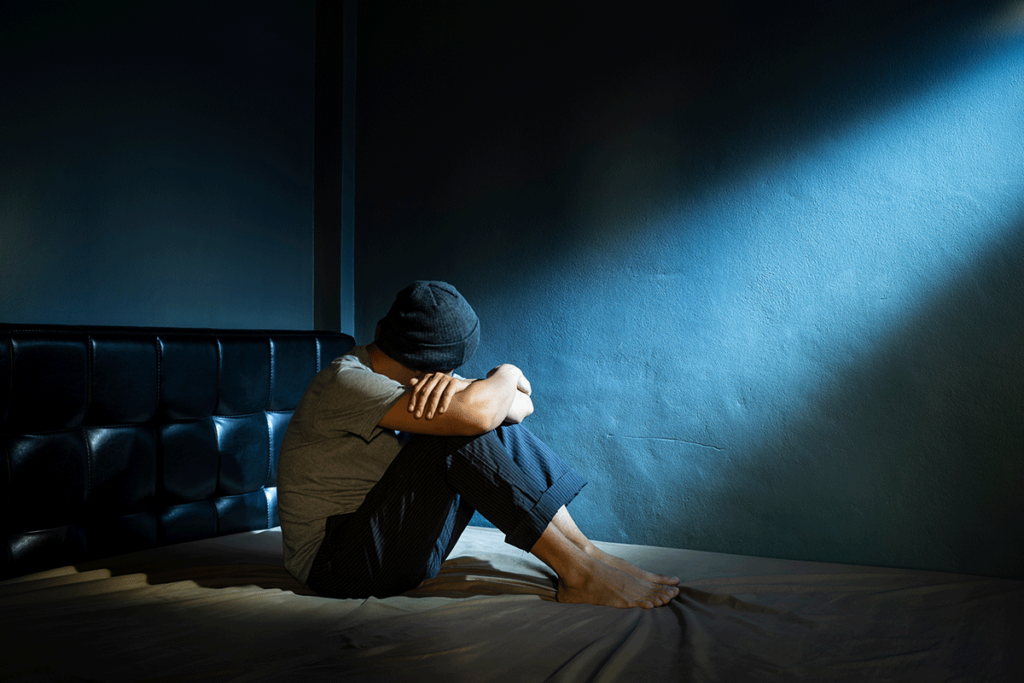Successful recovery from substance use doesn’t happen by accident. Recovery planning is a central element of avoiding relapse—and it starts by knowing how to identify relapse triggers. Relapse prevention therapy offers professional support for building a strong, lasting recovery.
Woodland Recovery Center is a substance use treatment center that offers both inpatient and outpatient services. We provide education on relapse triggers and aftercare support to help ensure that the lessons learned in treatment continue to guide your steps in recovery.
Call 662.222.2989 today to learn more about the programs at Woodland Recovery Center.
What Is a Relapse Trigger?
A trigger is anything that creates a strong physical, mental, or emotional response. Triggers exist in many different fields of mental and behavioral health. A person might experience triggers related to trauma, disordered eating, or anxiety attacks.
You might be wondering: What is a relapse trigger, and how does it differ from other types of triggers?
In addiction recovery, the term relapse triggers is used to describe the people, places, things, emotions, or situations that can produce the desire to use substances.
Relapse triggers are highly individual, and they’re often linked to a person’s past experiences with substance use.
Common Relapse Triggers to Watch For
When confronted with a trigger, you might experience an increase in heart rate and breathing rate, trembling, hot flashes, or a general feeling of overwhelm.
No two individuals have the exact same relapse triggers, but encountering certain situations and items may be likely to remind you of using or wanting to use substances.
People
The people you spent time with in active addiction can be a significant relapse trigger, particularly if those relationships were primarily based on using substances together.
Family members and other close relationships can also serve as relapse triggers. If you used substances to handle stress or conflict in the past, it could be easy to feel triggered when you step back into those relationship dynamics after treatment.
Places
The places you associate with substance use can be highly triggering. Sometimes this can be anticipated, like when you return to a hometown for a visit. Other times, a relapse trigger can come out of the blue. For example, driving by a bar might suddenly produce an overwhelming desire for a drink.
Things
Physical objects, images, and feelings that trigger you may be hard to avoid because you might come across them unexpectedly.
Common triggers in this category include:
- Seeing drug paraphernalia
- Depictions of drug use or drinking on television
- Alcohol advertisements
- Specific emotions like anger, sadness, and anxiety
A scene from a movie, an alcohol advertisement, or the chair in your home you associate with substance use can all trigger the urge to relapse.
Tips for Identifying Relapse Triggers
Identifying relapse triggers takes some work, but it can make you prepared to handle these feelings when they come up.
Take time to write out a list of the people, places, things, and anything else that might be a relapse trigger for you. Having a list written down helps you prepare for when thoughts of relapse might come up.
Have a plan in place for what to do when you feel triggered. Common options include:
- Attend a recovery meeting
- Call a trusted friend
- Journal
- Meditate
- Exercise
Connecting with others and physically engaging in some type of activity are two of the most effective ways to get through feeling triggered without relapsing.
Plan to Avoid Relapse at Woodland Recovery Center
Handling relapse triggers effectively happens through education and planning. When you know what you’re feeling and why you’re better able to avoid relapse.
Woodland Recovery Center helps patients plan for success after treatment. If you need support dealing with relapse triggers, we’re here to help.
Call 662.222.2989 today to learn more about getting help with maintaining recovery at Woodland Recovery Center.



